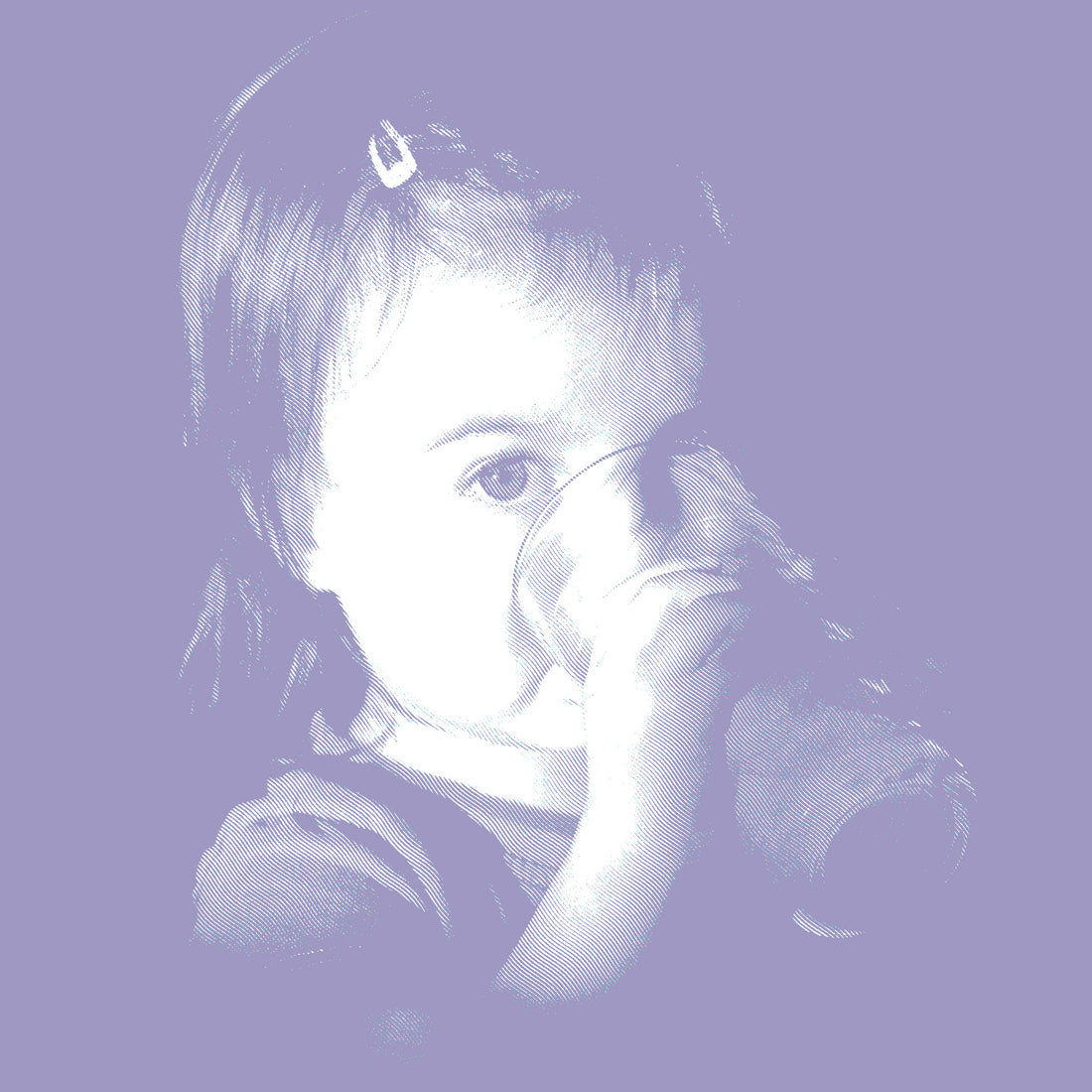As a new parent or guardian, looking after children can be a wonderful experience but it can also bring a lot of worry. As they grow and reach new milestones, it’s no question that their health is of utmost importance from the very beginning. Children and infants are more susceptible to dehydration due to their smaller bodies. To ensure they are healthy and protected from dehydration, here are some of the signs and symptoms that you should look out for in kids.
An ORS drink replenishes water and electrolytes lost through vomiting, diarrhoea, sweat, and other means. Key ingredients in ORSs include glucose, a form of sugar, and electrolytes sodium chloride and potassium chloride, which help maximise fluid absorption in the gastrointestinal tract.
Signs and Symptoms of Dehydration in Children1:
- Nausea/headaches
- Dizziness
- Dark yellow or brown urine
- Less urination than usual
- Extremely thirsty
- Less active
- Pale and sunken eyes
- Feeling cold
Headaches and Dizziness
For a child’s body to function properly, they need a healthy balance of fluids and electrolytes. But as their body becomes dehydrated, they may experience headaches. This occurs because their brain temporarily contracts or shrinks due to the fluids they have lost, causing the brain to pull away from the skull and hence causing pain or headaches. By rehydrating, the brain can go back to its normal state2.
Dark Yellow Urine or Low Urine Output
Dark yellow coloured urine and infrequent urination are symptoms of not having enough fluids, as the body tries to conserve water while dehydrated3. A well-hydrated body outputs pale yellow urine.
Thirst
One of the indicators of dehydration is being thirsty. However, becoming thirsty is not a warning that dehydration is about to occur. Becoming thirsty is a result of becoming dehydrated4.
Becoming less active
When a child is lethargic or less active than usual, this behaviour change can cause concern for many parents or guardians. Bodies that are low on fluids can make someone feel tired or weaker than usual5. Luckily, replenishing lost fluids can oftentimes restore energy.
Pale and Sunken Eyes
Pale and sunken eyes are a sign of severe dehydration and are dangerous in infants and newborns. When this occurs, you will need to see your GP or visit the nearest hospital emergency department as soon as possible.
How does dehydration occur?
Dehydration can occur due to multiple factors, such as:
- Vomiting or diarrhoea
- Exercise or physical activity
- Heat
- Travel
- Fever
- Not drinking enough water
Babies under 6 months should always be seen by a doctor if they are dehydrated or if they are experiencing diarrhoea1. If diarrhoea or vomiting persists for more than 12 hours in children under 3 years, 24 hours in children aged 3-6 years, or 48 hours in children over 6 years, seek medical advice from your health professional.
How to treat dehydration
What can you do to treat dehydration at home? Water alone may not fully remedy the issue. It’s necessary to replenish the essential electrolytes that are required for the effective absorption of water in the body at a cellular level.
This is where an Oral Rehydration Solution (ORS) like NBI’s BIOLyte can help. BIOLyte contains the optimal balance of electrolytes sodium and potassium and glucose that can aid in rapid rehydration and effectively restore lost electrolytes. Our scientifically advanced formula allows you to recover faster, as it meets the new Gold Standard ORS guidelines from the World Health Organization (WHO).
BIOLyte does more than just rehydrate – it also looks after gut health and immunity too. The addition of zinc helps reduce the frequency of vomiting and diarrhoea and supports immune health, while the prebiotic Inulin aids in the recovery of beneficial bacteria in the digestive tract.
Available in sachet, ready to drink and effervescent formats, it’s a convenient solution to relieve dehydration symptoms. It’s a suitable ORS for infants, and plus, BIOLyte comes in three delicious flavours that kids can enjoy. Choose from Green Apple, Red Grape, and Orange, and find your favourite way to hydrate! Keep BIOLyte ready for the times you need it most, find our products here.
Shop BIOLyte online and discover other NBI products online directly at www.nepbio.com
References:
-
The Royal Children’s Hospital Melbourne 2018, Dehydration, Parkville Victoria, <https://www.rch.org.au/kidsinfo/fact_sheets/Dehydration/ (https://www.rch.org.au/kidsinfo/fact_sheets/Dehydration/)>
-
Fletcher, J. 2017, How to Recognise a Dehydration Headache, Medical News Today, Gloucestershire England, <https://www.medicalnewstoday.com/articles/317511 (https://www.medicalnewstoday.com/articles/317511)>
-
Johnson, J. 2019, What to know about low urine output, Gloucestershire England <https://www.medicalnewstoday.com/articles/325398 (https://www.medicalnewstoday.com/articles/325398)>
-
Solo-Josephson, P. 2017, Dehydration, <https://kidshealth.org/en/teens/dehydration.html (https://kidshealth.org/en/teens/dehydration.html)>
-
Harvard Health Publishing d., Fight Fatigue with Fluids, Harvard University, <https://www.health.harvard.edu/healthbeat/fight-fatigue-with-fluids <(https://www.health.harvard.edu/healthbeat/fight-fatigue-with-fluids)>


